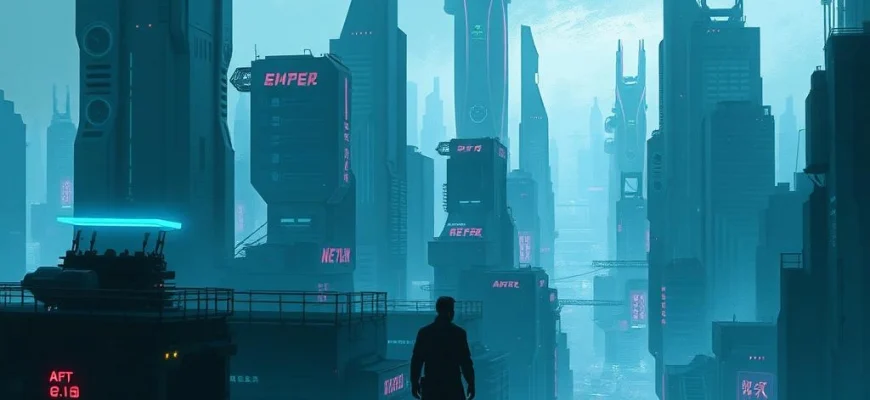If you enjoyed the thought-provoking sci-fi thriller 'Lapsis' (2021), you're in for a treat! This article explores 10 similar movies and shows that delve into themes of technology, labor exploitation, and dystopian futures. Whether you're a fan of cerebral sci-fi or gripping social commentary, these picks will keep you engaged and questioning the world around you.
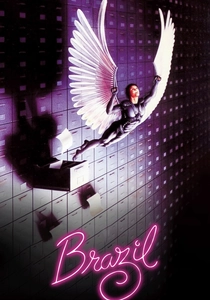
Brazil (1985)
Description: A dystopian satire filled with bureaucratic absurdity and dark humor, critiquing authoritarianism and the dehumanizing effects of technology.
Fact: The film's title comes from the recurring song 'Brazil,' which represents escapism. The production faced significant studio interference, leading to multiple cuts of the film.
 Watch Now
Watch Now 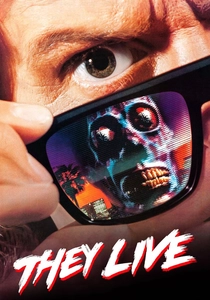
They Live (1988)
Description: A sci-fi allegory about consumerism and hidden societal control, using stark visuals and a rebellious tone to challenge the status quo.
Fact: The famous alley fight scene was intentionally drawn out to emphasize the protagonist's resistance. The film's iconic sunglasses reveal hidden messages in advertising.
 Watch Now
Watch Now 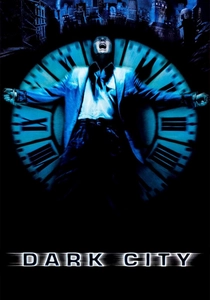
Dark City (1998)
Description: A neo-noir sci-fi mystery that delves into identity and memory within a surreal, ever-shifting urban landscape.
Fact: The entire city set was built without any visible clocks or signs of time. The director insisted on filming without sunlight to maintain the film's eerie atmosphere.
 Watch Now
Watch Now 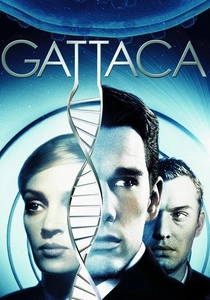
Gattaca (1997)
Description: A thought-provoking sci-fi drama about genetic discrimination and human determination, set in a sleek, oppressive future.
Fact: The film's title is derived from the letters G, A, T, and C, which represent the nucleotides of DNA. The production used real NASA facilities to enhance the film's authenticity.
 Watch Now
Watch Now 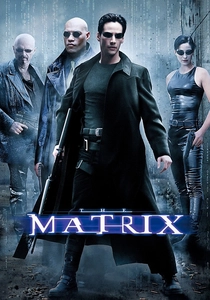
The Matrix (1999)
Description: A groundbreaking exploration of reality, control, and rebellion, blending cyberpunk aesthetics with philosophical undertones.
Fact: The 'bullet time' effect revolutionized action cinematography. The film's script was initially considered too complex for mainstream audiences.
 Watch Now
Watch Now 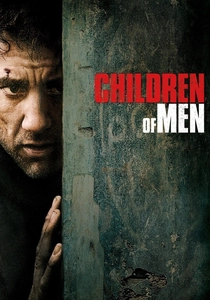
Children of Men (2006)
Description: A gritty, near-future dystopia focusing on societal collapse and hope amidst chaos, with long, immersive tracking shots.
Fact: The film's famous car scene was shot in one continuous take. The dystopian world was designed to feel uncomfortably familiar, using real locations and minimal CGI.
 Watch Now
Watch Now 
Snowpiercer (2013)
Description: A dystopian thriller that explores class struggle and survival within a confined, hierarchical system, using stark visuals and allegorical storytelling.
Fact: The entire film was shot on a single, elongated set to maintain the claustrophobic feel of the train. It's based on a French graphic novel called 'Le Transperceneige.'
 Watch Now
Watch Now 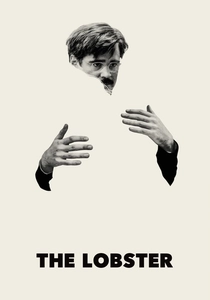
The Lobster (2015)
Description: A bizarre and darkly comedic exploration of societal pressures around relationships and conformity, set in a surreal, rule-bound world.
Fact: The film's premise was inspired by dating shows and societal expectations. The director insisted on using only natural light for filming, which added to the movie's unique aesthetic.
 Watch Now
Watch Now 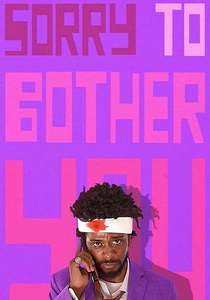
Sorry to Bother You (2018)
Description: A surreal and satirical take on capitalism and labor exploitation, blending dark humor with sci-fi elements to critique societal structures.
Fact: The film's unique 'white voice' concept was inspired by the director's own experiences in telemarketing. It features an unexpected twist that shifts the tone dramatically in the third act.
 Watch Now
Watch Now 
Parasite (2019)
Description: A sharp critique of social inequality and economic disparity, blending thriller and dark comedy with meticulous visual storytelling.
Fact: The film won the Palme d'Or at Cannes and made history as the first non-English language film to win Best Picture at the Oscars. The house set was built in its entirety to allow for precise camera movements.
 Watch Now
Watch Now 
